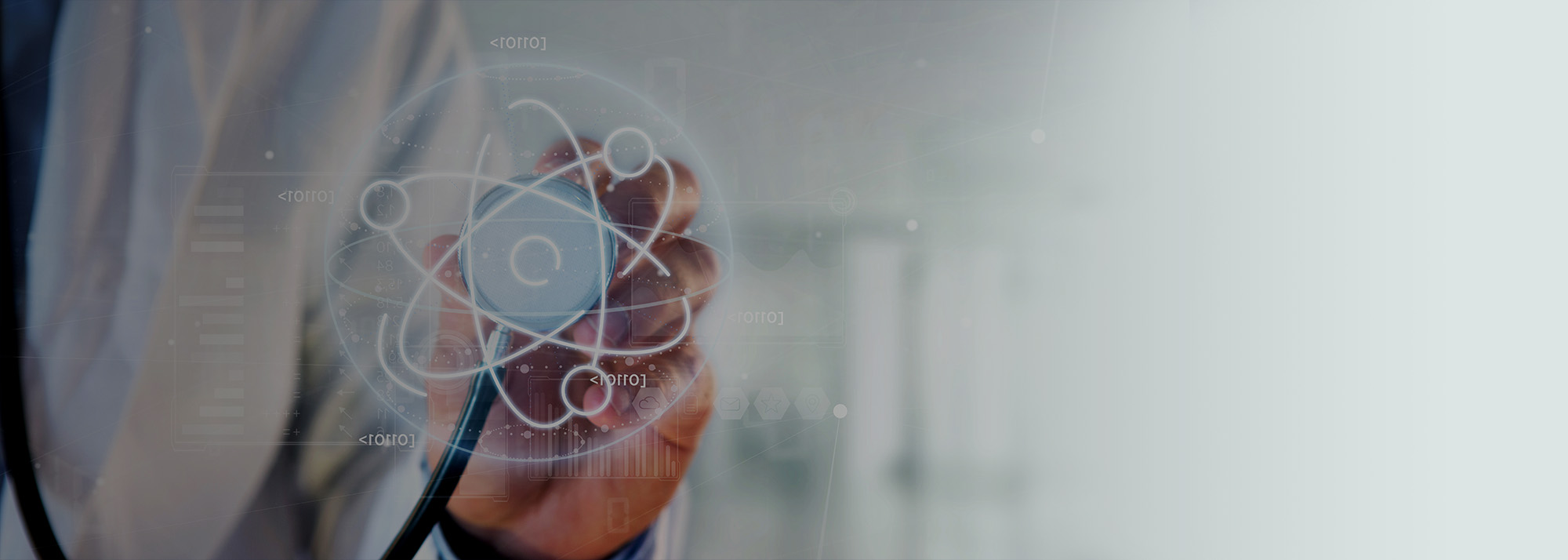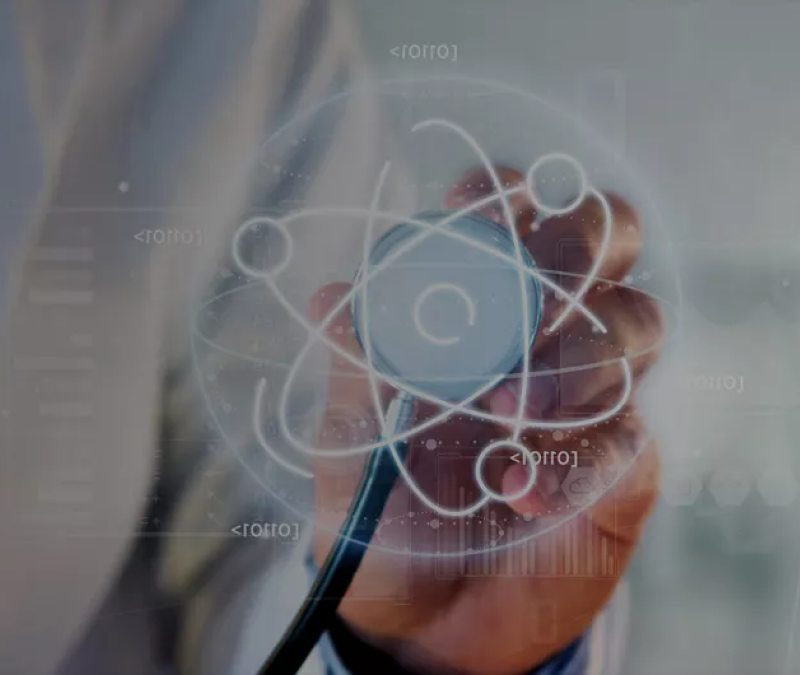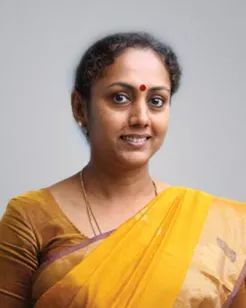The department of nuclear medicine and PET-CT at Aster Medcity is a state-of-the-art facility that offers a wide range of diagnostic and therapeutic nuclear medicine procedures to several specialities including cardiology, neurology and oncology. A highly sophisticated domain in medicine that uses radioactive isotopes for non-invasive imaging and therapeutic procedures, images obtained through nuclear medicine provide functional information at the molecular and cellular level, facilitating accurate diagnosis of diseases in both adults and children. The therapeutic applications of nuclear medicine include advanced procedures like radioIodine therapy of Graves’ disease and bone pain palliation therapy. The department, which is managed by highly trained doctors and technologists, is the first nuclear medicine facility in Kerala to offer a PET- CT machine with Time of flight technology, along with cutting-edge features like Hybrid SPECT-CT gamma camera and dedicated high-dose radioiodine therapy isolation rooms.
Our Doctors
We have some of the best specialists from around the world, they bring years of experience and offer evidence-based treatment to ensure the best care for you.
Advanced Technology & Facilities
Well equipped with the latest medical equipment, modern technology & infrastructure, Aster Hospital is one of the best hospitals in India.
- - Siemens Biograph Horizon time of flight PET CT
- - GE SPECT CT Optima NM 640
- - High Dose Radioactive iodine therapy ward
- - Targeted therapy for liver tumours (TARE)
- - Targeted Radionuclide Therapy (Lutetium, Actinium) for prostate and neuroendocrine tumours.
- - Radiation Synovectomy
- - Bone Pain Palliation
Equipped with revolutionary Time Of Flight (TOF) technology which increases PET performance, the SIEMENS BIOGRAPH HORIZON PET CT system with premium LSO based crystals operates fully in 3D mode and is exceptionally sensitive for faster scans, which means better lesion detectability, precise anatomical details and minimal PET radiation dose as the FDG dose injected is considerably less.
The GE SPECT-CT OPTIMA NM 640 gamma camera can provide exceptionally clear images at a very high speed, facilitating high-precision diagnosis. Low on radiation dose and examination time, it also allows hybrid by integrating the most advanced general purpose camera with a newly developed four-slice CT.





